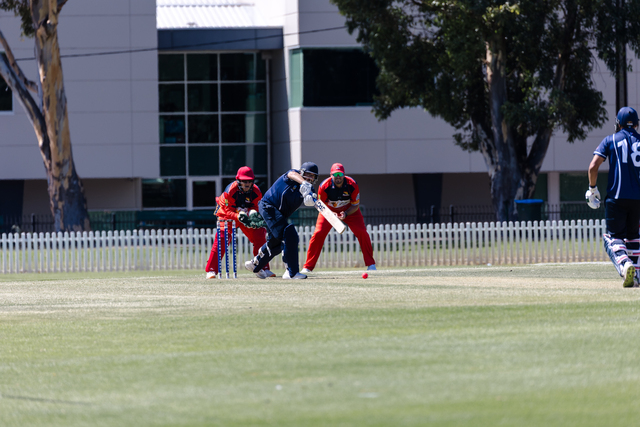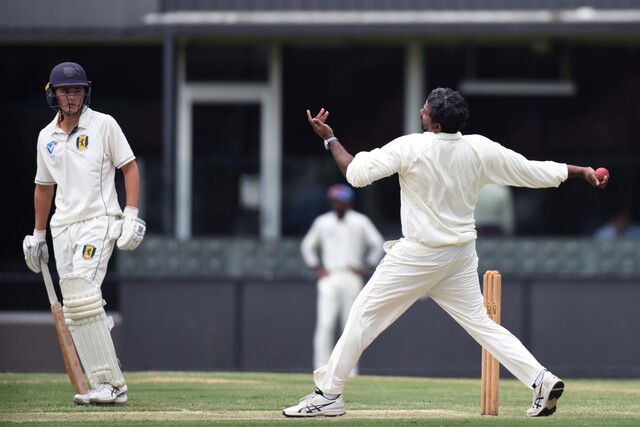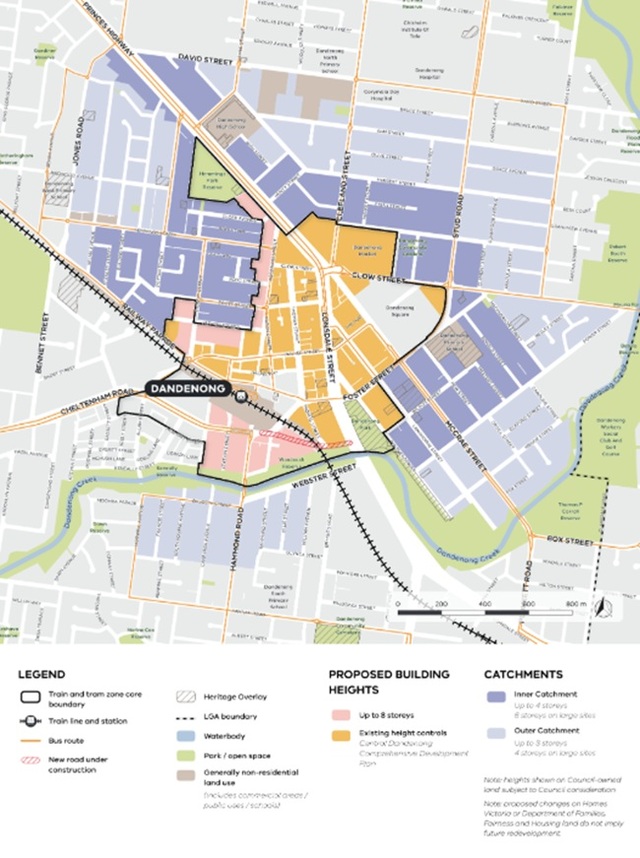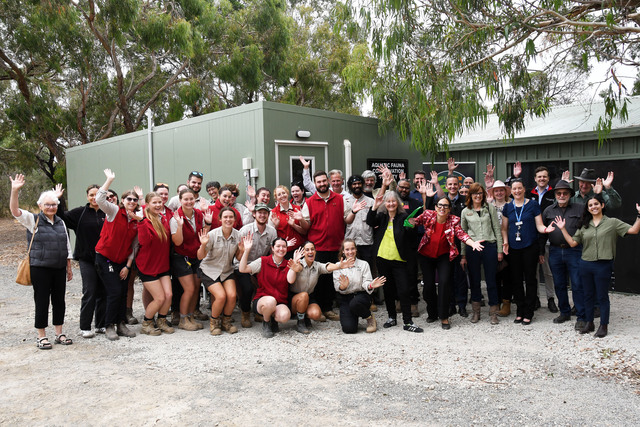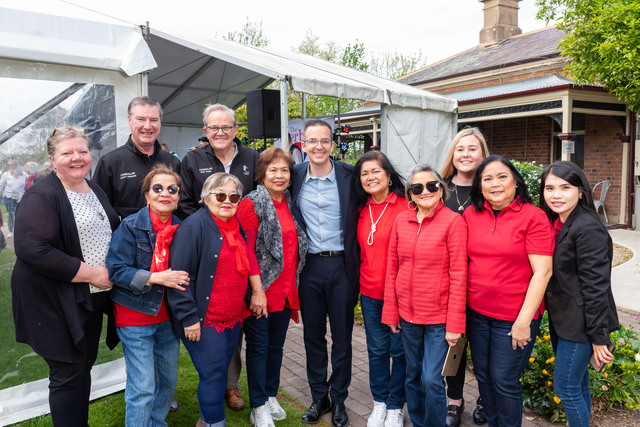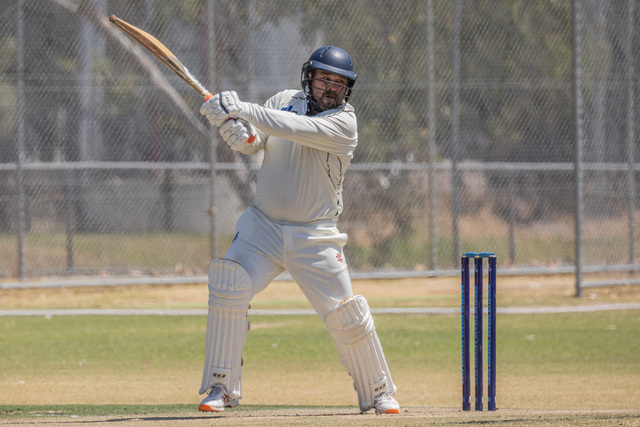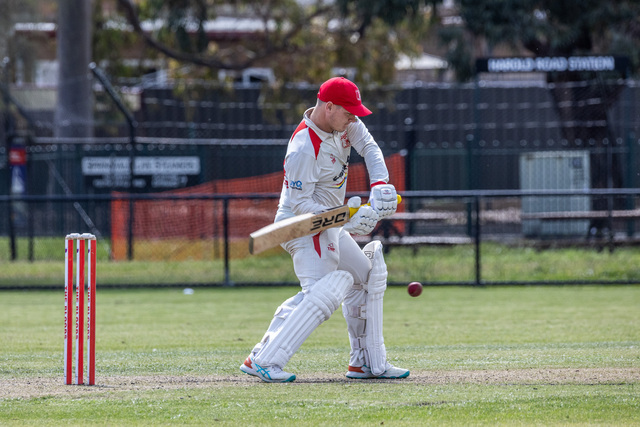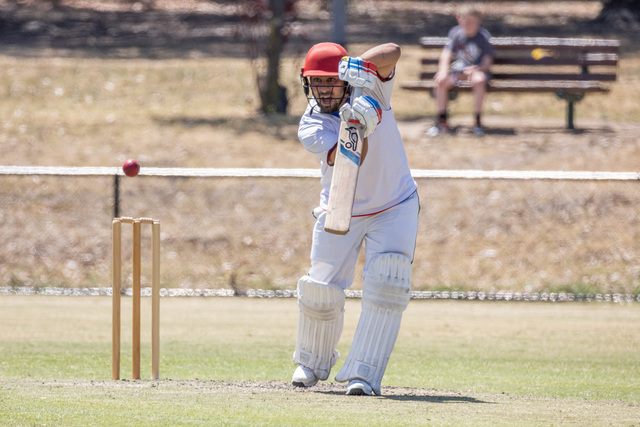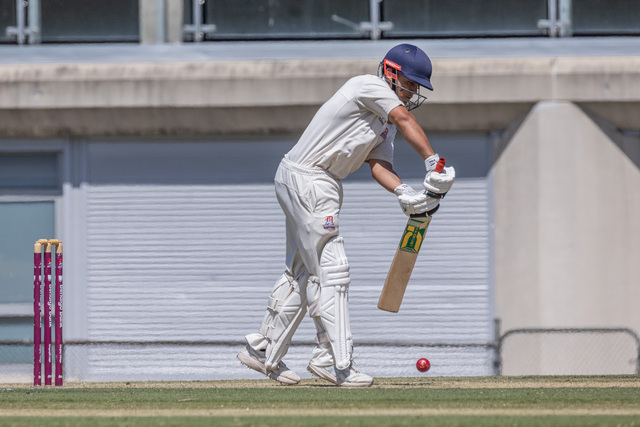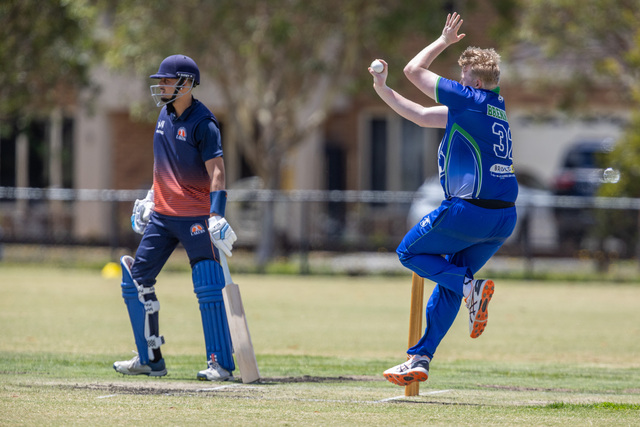By CAMERON LUCADOU-WELLS
GREATER Dandenong Council could be scrambling to protect ratepayers from a superannuation blowout of about $10 million.
Greater Dandenong corporate services director Mick Jaensch told the Weekly on Wednesday the council might be forced to use its reserves and short-term borrowings to pay off the Local Authorities Superannuation Fund (LCAF) shortfall.
The council will also review its capital and operational works funding.
The question of a potential blowout was raised at the council’s meeting last Monday.
Mr Jaensch declined to quarantine the $62million municipal building-library-civic square project from cuts.
It shaped as ‘‘a major challenge not just for the City of Greater Dandenong but for all local governments in Victoria’’, he said.
‘‘Every effort will be made to address the funding required without raising council rates. Once we have a known figure, the council will revise its long-term financial strategy and endeavour to come up with a range of strategies in terms of how to repay the liability.’’
Last month, the council had budgeted for a $3million liability as its share of the LCAF blowout.
Council chief executive John Bennie said this week that the shortfall would be ‘‘significantly in excess’’ of $3million after the fund — now known as Vision Super — announced the bill would be $400 million across all Victorian councils.
‘‘I should stress this amount is beyond the council’s control,’’ Mr Bennie said.
In 2010, the council was required to pay $2.1million out of a $62.1 million shortfall across the state’s councils. By that ratio, the council could face a bill of close to $13 million payable by July 1 next year.
It would be a sizeable slab of the council’s $148 million operating revenue budgeted for 2012-13.
The LCAF is a defined benefit scheme that covers past and present council employees who began work prior to December 1993.
Under the scheme, which closed in 1993, these employees are given a guaranteed amount when they retire. It means councils have to make up any shortfalls when investments sour during ‘global economic crises’ such as 2003, 2010 and this year.
Mr Jaensch said there were fewer than 100 Greater Dandenong employees within the defined benefit scheme but it was required to pay present and past staff.
Vision Super chairman Rob Spence, also chief executive of the Municipal Association of Victoria, said the state government should legislate to make the LCAF an exempt public-sector fund.
That would allow the councils’ liabilities to be spread out over time, rather than as top-up payments every three years.
Mr Spence said the situation was worsened by so few contributing members remaining in the scheme — 5000 contributing to the payments of 5000 member pensioners.
‘‘All super funds are going to take an absolute shellacking.
‘‘The investment strategy has been performing fine, relative to the market, but nowhere near well enough to keep it in equilibrium.’’

